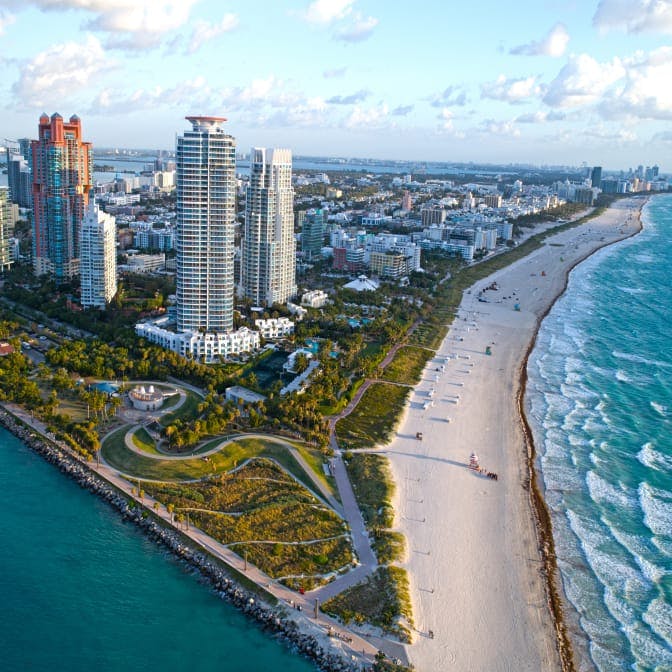Miami, Florida, is a city whose vitality and diversity can be attributed to the dynamic immigrant community that calls it home. The trial lawyers at Correa & Martinez Trial Lawyers recognizes the pivotal role that immigration plays in shaping Miami.
Legal issues involving deportation
Deportation in the United States is a complex process governed by a web of statutes and laws. To provide effective deportation defense, it is crucial to understand the legal intricacies that underpin the process. Primarily, deportation is governed by the Immigration and Nationality Act (INA), with a particular focus on Section 237. However, other laws and regulations also play an important role in deportation proceedings. Generally, non-U.S. citizens or non-lawful permanent residents are subject to deportation. This includes individuals who are in the U.S. on various visa types, refugees, and undocumented immigrants.





